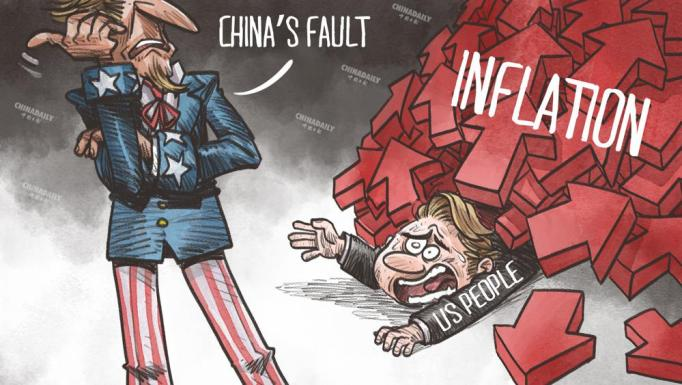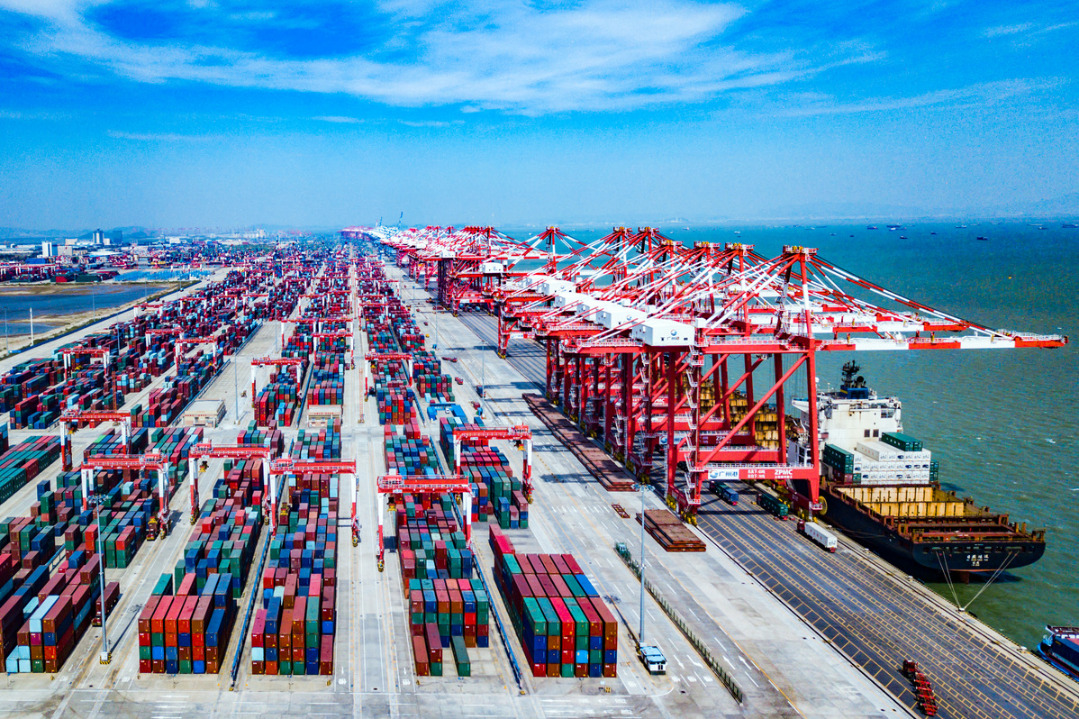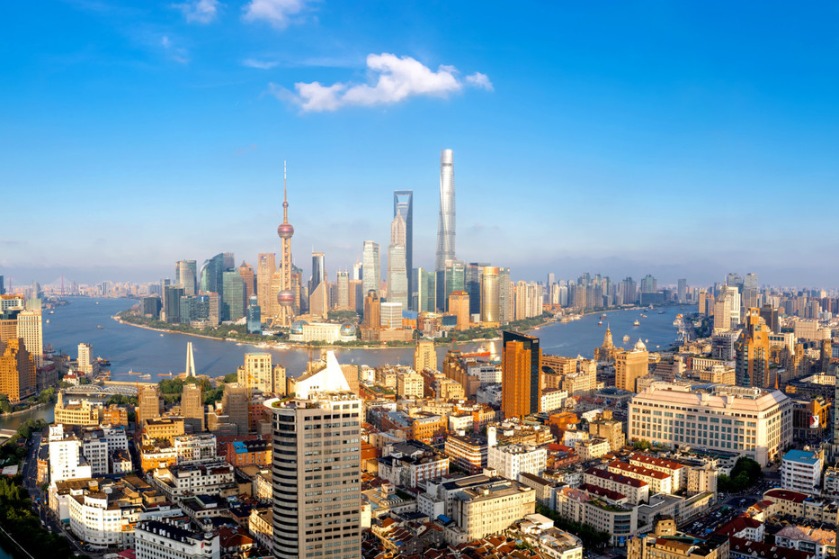Mother of all sanctions


If we are talking about a sanctioning party or country, as opposed to sanctions imposed on a particular country, the title of "the mother of all sanctions" ought to go to the United States' sanctions. Two-thirds of the 104 sanctions issued worldwide from 1945 to 1990 were unilateral US actions. According to the US President's Export Council, since 1993, the US has imposed more than 40 economic sanctions on 36 countries.
In the wake of the Russia-Ukraine conflict, the US has led its allies to impose the largest set of sanctions on Russia. Some analysts are already calling it an economic nuclear war.
Washington is not only fond of imposing direct sanctions, it is also fond of issuing derivative sanctions, which it has threatened Beijing with if the latter provides "material support" to Russia. The exact meaning of "material support" is of course up to the US' interpretation. Never mind that India hasn't been subject to this kind of hegemonic coercion despite buying as much, if not more, oil from Russia as China.
Even if we set aside the legitimacy issue of the sanctions, the track record of sanctions shows their ugly side. Sanctions do kill people as much as T-80 tanks and Su-27 fighter jets. In fact, they kill many more. They are weapons of mass destruction.
In a paper published in the international relations journal Foreign Affairs in 1999, aptly titled "Sanctions of Mass Destruction", authors John Mueller and Karl Mueller write: "Tally up the casualties caused by rogue states, terrorists, and unconventional weapons, and the number is surprisingly small. The same cannot be said for deaths inflicted by international sanctions. The math is sobering and should lead the US to reconsider its current policy of strangling Iraq."
But despite being different from the ones imposed on the Democratic People's Republic of Korea, Cuba, Iraq and Iran, the US sanctions against Russia will cause deaths not only in Russia but also beyond its borders.
Russia is a major global exporter of agricultural and energy products. Therefore, higher prices of these products will substantially drive up the prices of many other products in related and downstream industries. With the prices of these products shooting through the roof, countries that rely on their imports will face grave difficulties, and the poor population will be the biggest victim.
An ideal example of this is Sri Lanka, which is engulfed in an economic crisis caused by the lack of foreign exchange reserves and rising prices of imported goods.
Yet Sri Lanka is not alone. Several North African countries that rely heavily on Russian agricultural imports are already feeling the crunch. Afghanistan faces a famine-like situation as a result of Washington's refusal to release the assets of Afghanistan central bank. And the rising global food prices will only make matters worse for such countries.
However, the sanctioned country and those suffering collateral damage are not the only ones paying the price. The sanctioning party is also paying a big price. One only has to ask the people in European countries about the impact of rising energy prices there to realize their predicament. In the US, too, gasoline prices are rising rapidly, and it is widely believed that the current runaway inflation in the US has something to do with the US sanctions against Russia.
Actually, the US President's Export Council report also says that sanctions have cost US exporters $15 billion to $19 billion a year in overseas sales, and damaged their reputation as reliable suppliers.
If sanctions indeed achieved their political objectives, the high costs could still be understandable, because politicians who issue them usually couldn't care less about the sufferings of people in the affected countries. But even on that count, sanctions have delivered miserable results. The six-decade-long US sanctions against Cuba are an example of how such arbitrary actions end up hurting innocent people in the targeted countries.
A study by the Peterson Institute for International Economics in 1990 showed sanctions have achieved their goals in fewer than 20 percent of cases.
Judging by the miserable economic statistics popping up across the world, we are about to enter a period of deep economic crisis. And high inflation, supply chain disruptions, the lingering COVID-19 pandemic and the Ukraine crisis will claim more victims, mostly in developing countries, in the years to come.
The author is a professor at the University of International Business and Economics and a research fellow at the Academy of China Open Economy Studies at the UIBE. The article reflects the author's views and not necessarily those of China Daily.
If you have a specific expertise, or would like to share your thought about our stories, then send us your writings at [email protected], and [email protected].
40-year-high US inflation self-inflicted http://aolaikelin.cn/a/202205/16/WS62818a81a310fd2b29e5cd05.html
Lifting tariffs right choice for Biden http://aolaikelin.cn/a/202205/16/WS62818a7ea310fd2b29e5cd00.html


































